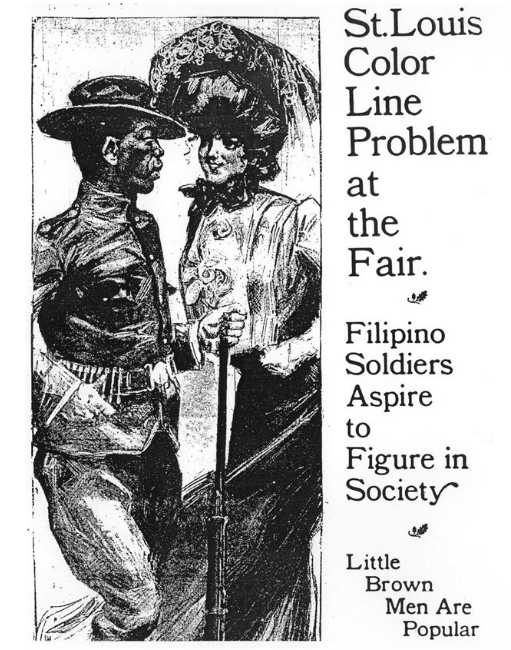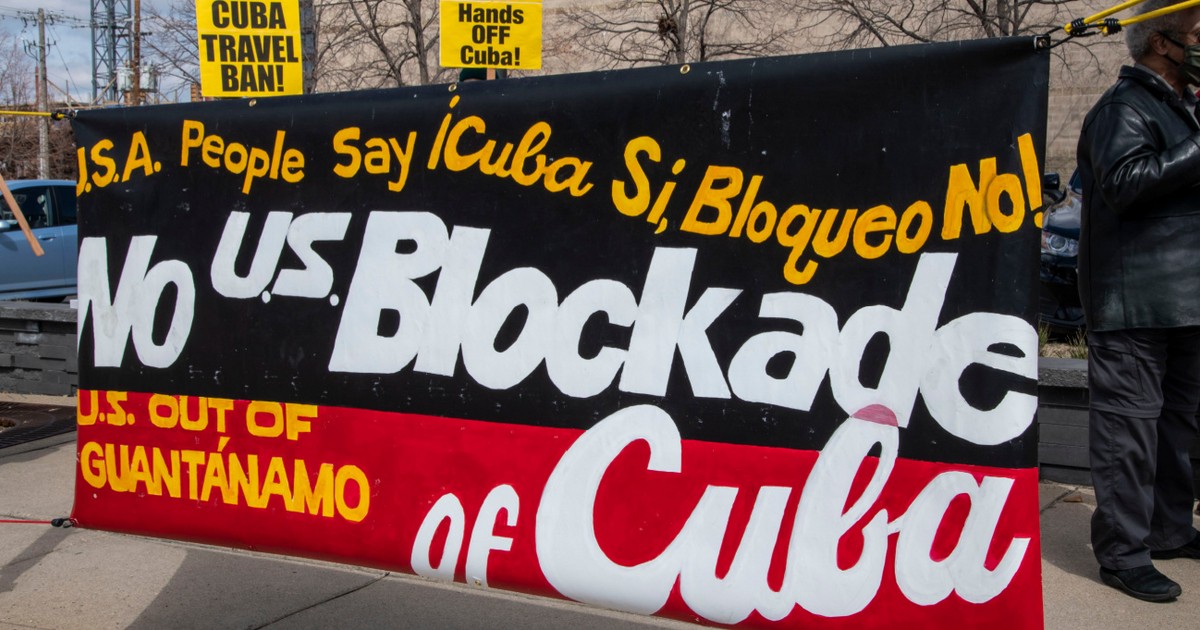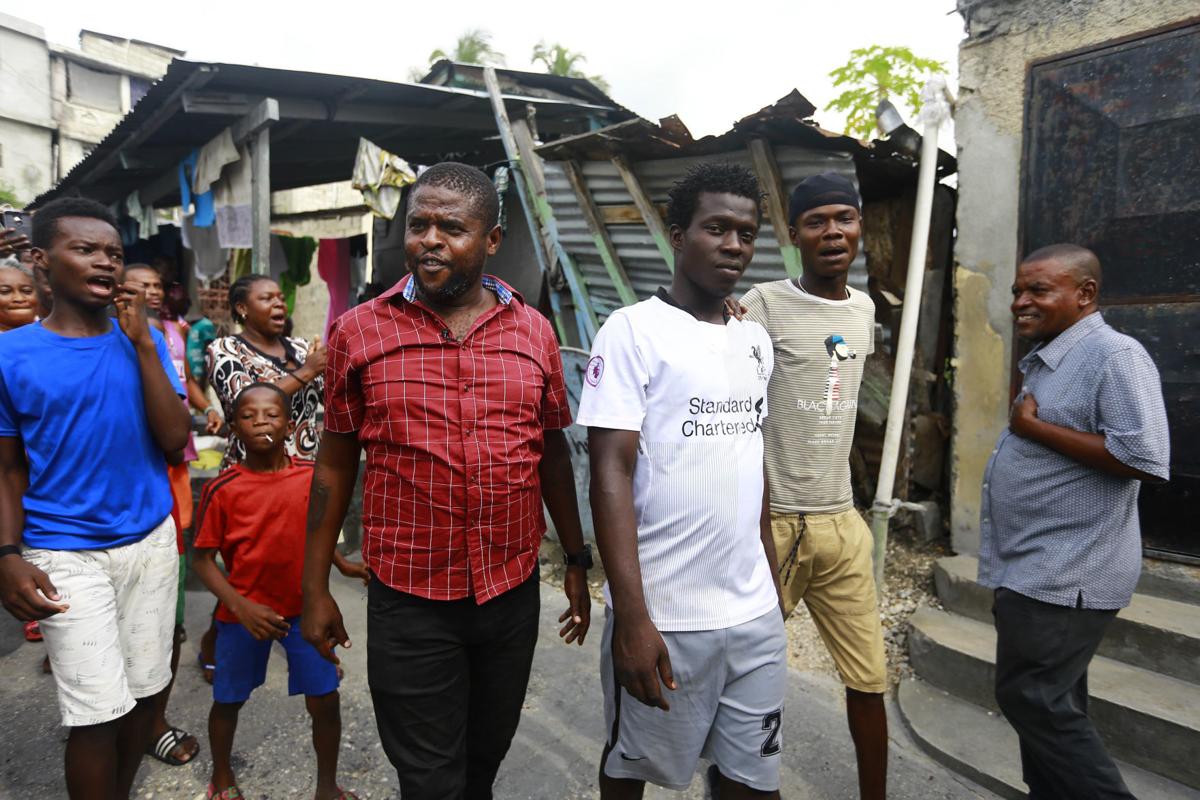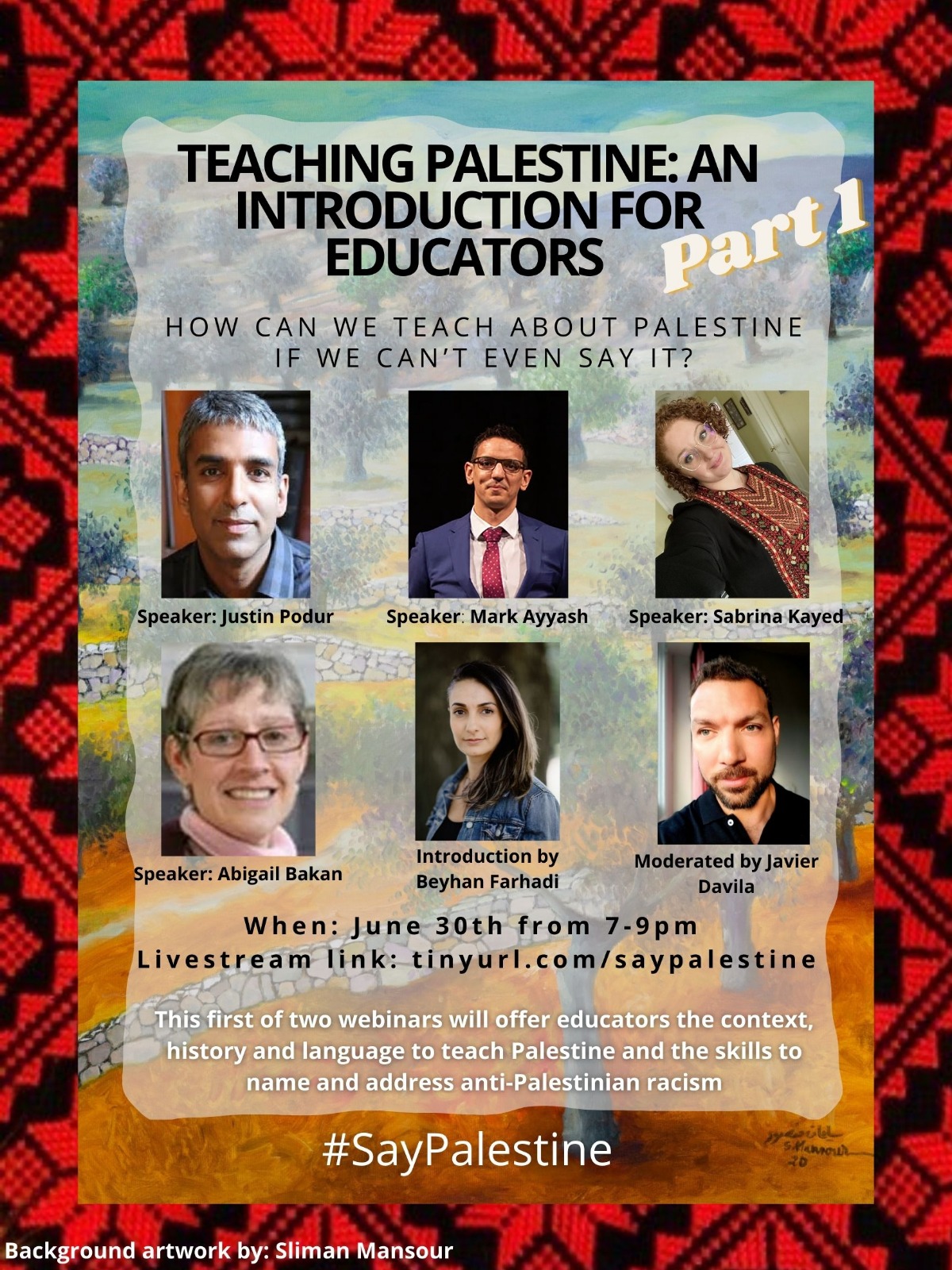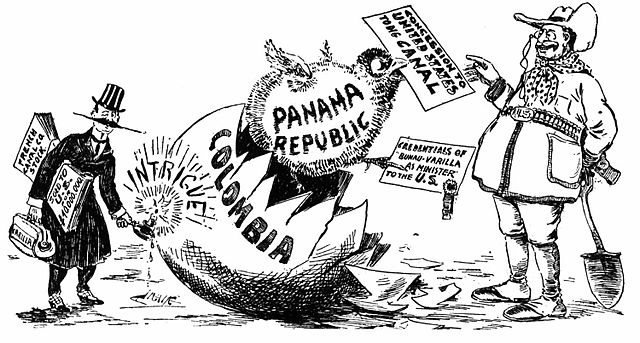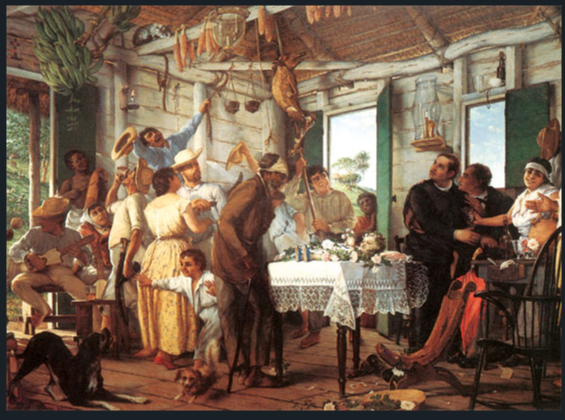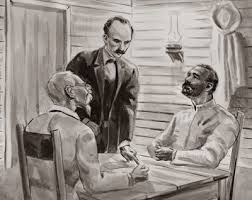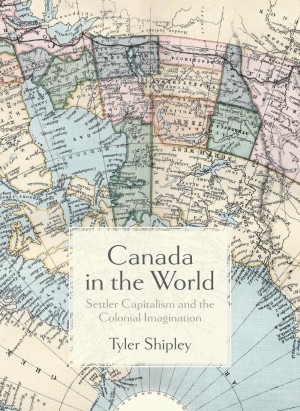General Jacob Smith was reprimanded for his order to commit atrocities in the war against the Philippine Republic, but he was not alone in giving such orders. The US war in the Philippines set the stage for more than a century of counterinsurgency, atrocities, and pretexts like the civilizing mission and the responsibility to protect. Using Renato Constantino’s work, also talk about some of the amazing characters on the Filipino side, like Bonifacio and Aguinaldo.
Category: Anti-Empire Project Podcast
The Anti-Empire Project podcast (formerly the Ossington Circle)
AEP 90: Cuba demonstrations and Cuba blockade, with Reed Lindsay
Joe Emersberger and I talk to Reed Lindsay, journalist and filmmaker with Belly of the Beast, a media organization focusing on Cuba and Cuba-US relations. Among their films is a 3-part series called the War on Cuba available on YouTube. Reed was at the recent demonstrations and counter-demonstrations in Havana and talks about how the scarcities and difficulties of life have everything to do with the 60-year, ever-intensifying economic blockade against Cuba imposed by the United States.
AEP 89: Haiti Assassination Aftermath – Cherizier: Hero or Villain? With Kim Ives
Kim Ives from Haiti Liberte joins me and Joe Emersberger to analyze Haiti two days after the assassination of President Jovenal Moise by Colombian and Haitian-American mercenaries. We talk about the new details that have emerged about their Nissan vehicles (from whose dealership?), the class antagonisms inside Haiti, and US interests in re-occupying the country. Kim talks about his meeting with Jimmy “Barbecue” Cherizier, the former police officer who announced a revolution from the poor neighbourhoods. We also spend some time debriefing Kim’s recent appearance on Democracy Now! and the ideological differences within the solidarity movement, which we try to unpack.
AEP 88: My comments at the Teaching Palestine / Say Palestine event June 30, 2021
On June 30, 2021, I was honored to be among the speakers on a panel for educators called “Say Palestine”. The entire panel, which was moderated by the wonderful Javier Davila (who I address directly at the beginning of the talk), is available on YouTube. I talk about the dilemmas faced by educators who want to teach about Palestine and who want to #SayPalestine.
AEP 87: Haiti’s president Jovenal Moise assassinated, with Chris Bernadel
An emergency joint broadcast with The East is a Podcast about the assassination of Haiti’s president Jovenal Moise on July 7, 2021.
Chris Bernadel is on the Haiti Committee of the Black Alliance for Peace. We talk a little bit about the assassination and the background of protests and massacres in Haiti that have gone on for years now.
Civilizations 37e: Yankee Imperialism pt5 – the theft of Panama out of Colombia
A complex multinational megaproject with layers of government corruption and massive government funds. A separatist movement created and sponsored by the US. A chunk of territory carved out of an existing country for imperialist use. Workers exploited to death. And a shining imperialist possession at the end. We talk about the creation of Panama and the Panama Canal, another prototypical imperialist operation that offers many warnings for the next 120 years.
Civilizations 37d: Yankee Imperialism pt4 – Puerto Rico’s thwarted autonomy
Through their own efforts, Puerto Rican revolutionaries won a charter of autonomy from Spain and were on their way to winning independence. Then Spain handed its colony over to the US, and the US has colonized it ever since. We talk about how the US invented the concept of “odious debt” to avoid paying Spain’s colonial debt, then promptly saddled Puerto Rico with an odious debt of its own.
Civilizations 37c – Yankee Imperialism pt3 – Cuban Independence vs the US Empire
We tell the story of Cuba’s movement for independence from Spain following the remarkable career of Jose Marti from his teenage years to his unlucky demise. We pick up the story of the Spanish American War in Cuba from the USS Maine incident (“To Hell With Spain! Remember the Maine!”) and the possibility that it was faked. Part 3 of our series on Yankee Imperialism.
Special Broadcast: Canada in the World with Tyler Shipley and The Brief
A Canada Day reckoning as Indian Residential School properties become crime scenes with the (re)-discovery of mass graves of Indigenous children. We are joined by author of Canada in the World, TYLER SHIPLEY to discuss Canada’s first foreign policy – its genocide of the Indigenous nations in the path of capitalist settlement.
This broadcast is a co-production of The Brief Podcast and The Anti-Empire Project. Production by Pierre Loiselle and music by Greg Wilson.
Episode: Settler Canada (special broadcast)
Date: 29 June 2021 | Length: 59:58
AEP 86: A People’s Green New Deal with Max Ajl, and Stan Cox
Max Ajl has a new book, A People’s Green New Deal; Stan Cox, author of The Green New Deal and Beyond and the upcoming book The Path, joins me as a co-host as we talk about Green New Deals and imagine dealing with Climate Change as if the rest of the world existed (and mattered).

